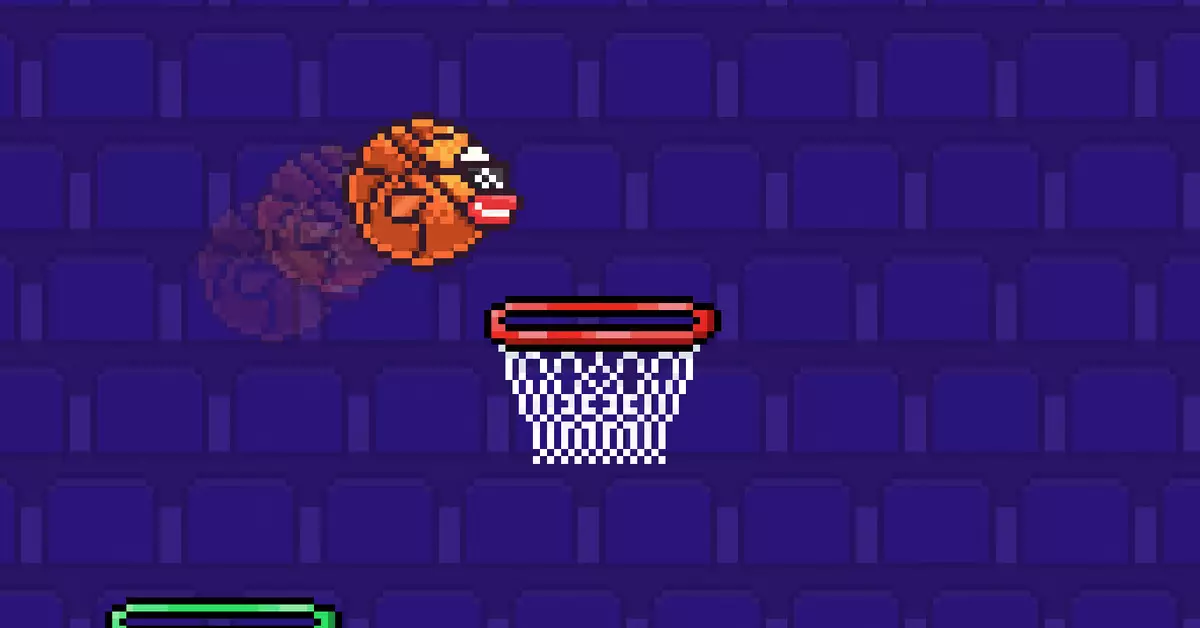Last week, the gaming world was set abuzz with the announcement from the Flappy Bird Foundation about the return of the beloved mobile game, Flappy Bird. The promise of reviving this iconic title stirs memories for many who fondly remember the challenges it presented back in its heyday in 2013. However, the excitement surrounding this new release is complicated by the involvement—or lack thereof—of its original creator, Dong Nguyen. Despite the Flappy Bird Foundation’s narrative of a “triumphant return,” Nguyen himself has publicly stated that he is not associated with this new endeavor. His lack of engagement raises questions about the authenticity and integrity of this project.
The root of the confusion lies in the ownership rights surrounding the Flappy Bird trademark. The Flappy Bird Foundation claims to have acquired the gaming rights from Gametech Holdings, LLC. This acquisition appears to have occurred without Nguyen’s consent, leading to a disheartening clash over his intellectual property. In a surprising twist, Gametech contested Nguyen’s trademark early in 2023, resulting in a US Patent and Trademark Office ruling that terminated his claim. This complex legal backdrop complicates the Flappy Bird Foundation’s attempt to leverage nostalgia in its promotional strategy. While the foundation aims to capitalize on the game’s storied past, the absence of Nguyen’s involvement taints the authenticity of that nostalgia.
What remains intriguing about this new iteration of Flappy Bird lies in its potential integration with blockchain technology. Cybersecurity researcher Varun Biniwale brought attention to hidden elements within the Flappy Bird website that suggest a possible connection to crypto. Although some components were removed prior to the official announcement, there were indications that the game aimed to explore the realms of Web 3.0 by allowing players to “build, create, play, and stake to own.” This evolution poses exciting opportunities for a modern gaming experience. Yet, one cannot help but wonder whether this ambitious integration will resonate with the original fanbase or alienate them further.
As the release date for the new Flappy Bird approaches—slated for 2024 on both iOS and Android—anticipation mounts amidst clouds of skepticism. While the promise of a nostalgic game revived for a new generation sounds appealing, the complexities of its ownership and the absence of its original creator loom large. Is this revival a mere cash grab, or does it genuinely aim to honor the spirit of the first release? Gamers and fans alike find themselves far from certain, caught between nostalgia and apprehension about the direction in which the franchise is headed.
The return of Flappy Bird may open a new chapter in gaming history; however, it does so under a veil of controversy and discomfort. The battle for ownership remains unresolved, and the promise of innovative technology like cryptocurrency adds layers of uncertainty. As players eagerly await to see if Flappy Bird can indeed “fly again,” the future of the franchise remains an open question, echoing the complexities of modern-day game development.


Leave a Reply